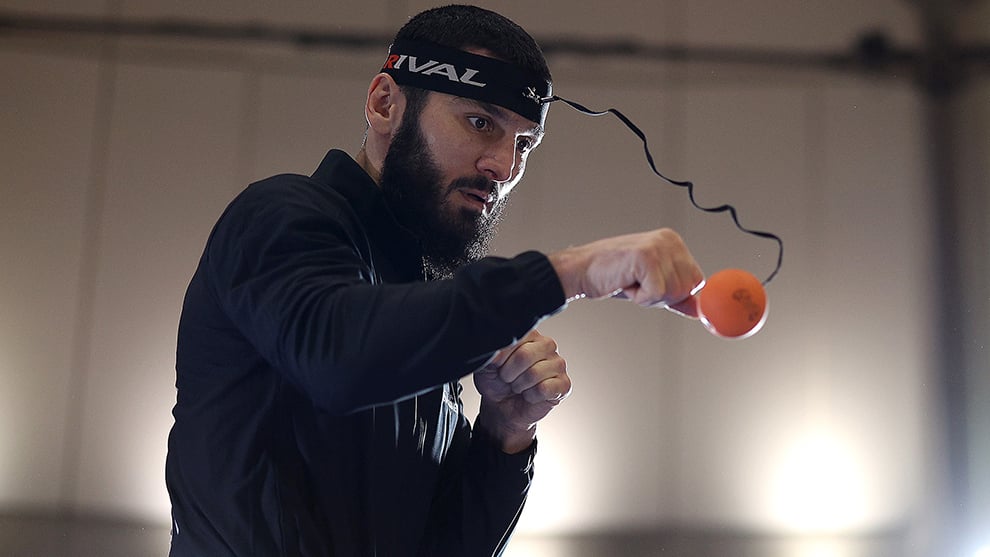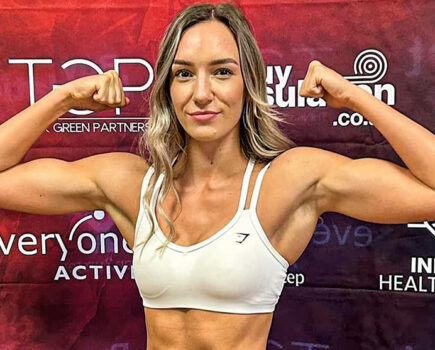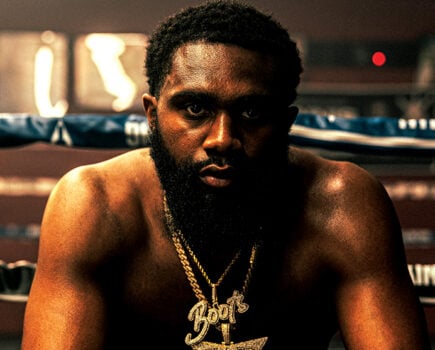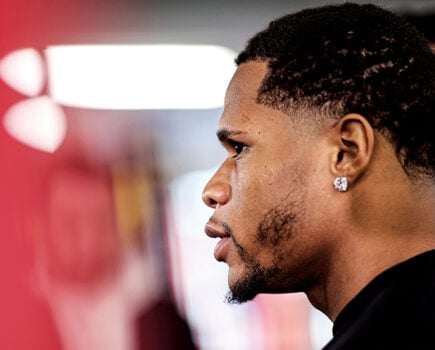Artur Beterbiev’s assistant trainer John Scully explains what makes the light-heavyweight king so special as he prepares for Dmitry Bivol – and why he’s not what you might expect outside the ropes…
BN: Have preparations begun for the June 1 showdown with Dmitry Bivol?
JS: Artur is always keeping himself in some sort of shape. He never really takes time off from conditioning himself so that is never a problem. Literally every time he comes to camp he is already in good shape so you don’t have to spend time getting him in shape or getting his weight down because he’s already done that. The ultimate true professional.
BN: With a fighter who appears so complete as Beterbiev, what else is there to teach him?
JS: Personally, I spend a lot of time going over certain things that I like to work on in my capacity as the assistant trainer. No matter what, you have to always focus on maintaining the skills so, as good as he is, he still needs to keep the tools sharp. And like with any fighter, when we all train together, there is always something to build – like a giant puzzle. Even at this stage, we have still been able to add things to his repertoire.
BN: What is the secret to his success at the age of 39?
JS: It’s his extremely unusual devotion to maintaining discipline. The man is different to almost every other fighter because he puts everything into preparation. Everything!
BN: You were an accomplished light-heavyweight. How would you have gone about trying to beat him?
JS: That would be a huge issue because of his overall strength. I was a guy who came all the way up from middleweight whereas he came down from being an amateur heavyweight at the Olympics. Realistically – and all jokes aside – if Artur was light-heavyweight champion when I was ranked I may have had to move down to super-middleweight for a title.
BN: And Bivol?
JS: Though it’s much easier said than done, I think the way is by putting him under tremendous pressure. That’s the most realistic approach. You might have some success boxing against him and limiting his offence, but you would have to be at an exceptionally high level to have the patience and skills required to do that.
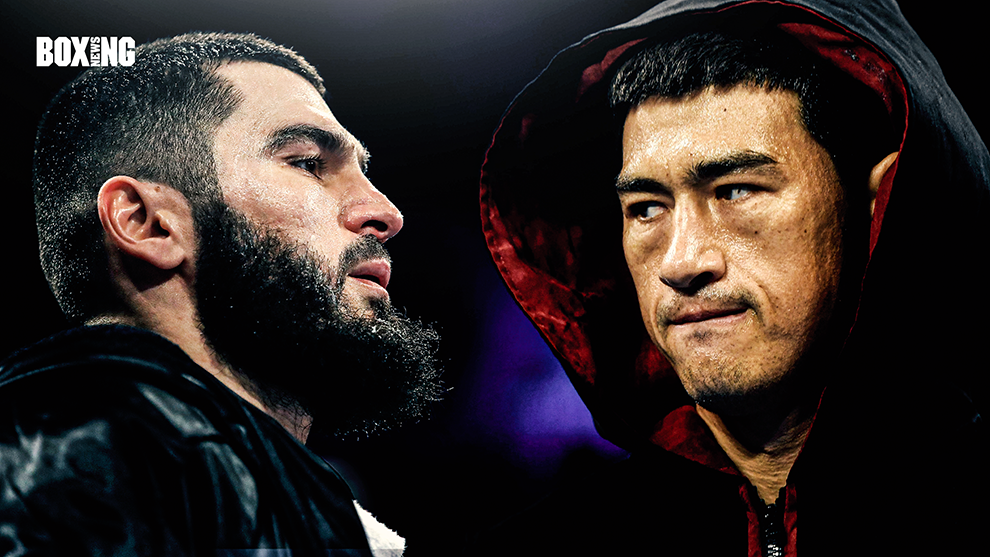
Artur Beterbiev and Dmitry Bivol
BN: How did all the talk of the atypical finding effect Beterbiev’s mindset ahead of fight with Callum Smith?
JS: Artur is a different kind of person. If anything bothers him – and I’m not sure it ever does – he doesn’t show it, not even slightly. He never once mentioned the controversy with that test result. It was never an issue.
BN: What is his greatest strength?
On top of his marvellous boxing skills and super punching power, I would say his greatest strength is his mental fortitude. That mentality, that attitude he has. It’s the greatest I’ve ever seen in all my years in this sport. He is so focused and determined, it’s almost like he’s been programmed. He sets his goals and will not allow himself to stop until he has achieved them.
BN: Mentally, what is Beterbiev like at the start of camp compared to the end?
JS: The thing about Artur is he works like clockwork in that, week after week after week in training camp, he’s improving all the time. As good as he looks at the beginning of camp, you know that within two or three weeks he’s going to significantly better. And then another two or three weeks after that, the improvements are immense.
If something doesn’t look right on a particular day, it is never a worry because it’s a building process in training camp. The pinnacle is always reached at the right time. He has done this so many times, and all the trainers know the schedule, that we always build and build as we go.
BN: What is Beterbiev, the human being, really like?
JS: It’s kind of funny because I think many boxing fans believe Artur has that terminator, predator thing about him at all times. Perhaps they think he’s like Clubber Lang from Roccky III. The truth is different.
He is a very intelligent man and he really does have a good sense of humour. It’s kind of a dry sense of humour, and you have to pay attention sometimes to catch it, but he can be extremely amusing to converse with. There have been several unexpectedly funny moments together.
BN: Can you share any of those moments?
JS: I can think of two straight away. I had been working with him on throwing the left hook to the body with extra force. On the mitts, he was doing it perfectly well with really bad intentions but when sparring, with lots of different guys, he was just touching them with it as opposed to really rotating his body. Every day I kept reminding him to get that extra rotation to do more damage.
Finally, one day, he explained why. ‘John,’ he said, ‘if I do what you’re asking me to do to, everybody will go home and then we’re going to have a real problem. I’ll have no one to spar with.’ It was so funny because it was so true and that never really occurred to me. He was serious and true in what he said but, the way he said it, it was a funny moment.
Another thing is that Artur is not really a boxing fan. He doesn’t watch it, he doesn’t know who all the fighters are and he doesn’t know much about the history. One day, after training, he was in the changing room and Marc Ramsey and I were outside by the ring talking boxing. We always do that. Artur finally came out, started walking towards us and then heard what we were talking about. Instead of stopping, he walked right past us. ‘No, no, no. I’ve had enough of boxing for today. I go home.’

